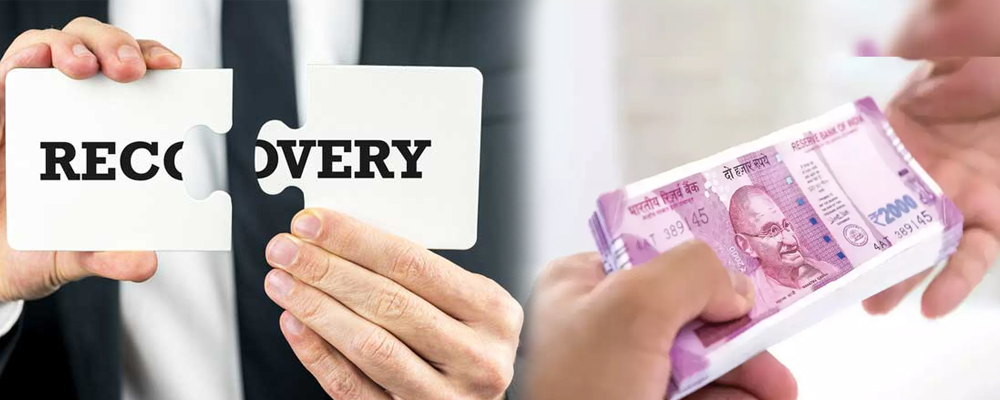
Procedure to Recover Money………… Basics!!!
Debt recovery is the process of collecting overdue debts from individuals or businesses, and we proudly say we have best Debt Recovery Advocates in Delhi NCR NCR, normally the process is typically carried out by creditors or third-party debt collection agencies on behalf of creditors. The debt recovery process involves a series of steps, including contacting the debtor to request payment, sending reminder letters, negotiating payment arrangements, and taking legal action if necessary.
The debt recovery process can be complex and time-consuming, requiring specialized knowledge and skills. Creditors or debt collection agencies must comply with various laws and regulations, which governs the conduct of debt collectors and provides consumer protections.
Successful debt recovery requires a combination of effective communication, negotiation, and legal knowledge. It is important for creditors or debt collection agencies to maintain professionalism and ethical practices throughout the process to avoid any legal or reputational consequences.
We are one of the leading leading DRT Lawyer in Delhi NCR, we say once the creditor is certain to take legal steps now comes role of, a Debt Recovery Tribunal, (DRT) is a specialized court in India that deals with cases related to the recovery of outstanding debts. DRTs were established under the Recovery of Debts Due to Banks and Financial Institutions Act (RDDBFI) of 1993 to provide a quicker and more efficient means of recovering debts owed to banks and financial institutions.
DRTs have jurisdiction over cases involving the recovery of debts that are due to banks and financial institutions, including non-performing assets (NPAs) and bad loans. They have the power to issue recovery certificates and execute recovery proceedings, including the attachment and sale of assets.
DRTs are presided over by a Presiding Officer who is typically a retired district judge or a lawyer with years of experience. Proceedings before the DRT are governed by the RDDBFI Act and the rules and regulations made thereunder.
The process of debt recovery before a DRT typically involves filing a petition by the creditor or financial institution, after which the debtor is given an opportunity to respond. The DRT may then conduct hearings and issue orders for the recovery of the debt. Appeals from DRT orders are heard by the Debts Recovery Appellate Tribunal (DRAT).
The Debts Recovery Appellate Tribunal (DRAT) is an appellate tribunal in India that was established under the Recovery of Debts Due to Banks and Financial Institutions Act (RDDBFI) of 1993. The DRAT is responsible for hearing appeals against orders passed by the Debt Recovery Tribunals (DRTs) in debt recovery cases.
The DRATs have jurisdiction over appeals filed against orders passed by the DRTs under the RDDBFI Act. The DRATs are also empowered to hear appeals against orders passed by the Securitization and Reconstruction of Financial Assets and Enforcement of Security Interest (SARFAESI) Act, 2002, which allows banks and financial institutions to take possession of and sell collateral in the event of a loan default.
The DRATs are headed by a chairperson who is typically a retired judge of a High Court. The other members of the DRAT are appointed by the central government and include judicial and technical members.
Appeals to the DRATs must be filed within 30 days of the order passed by the DRT or the Recovery Officer under the RDDBFI Act or the SARFAESI Act, as the case may be. The DRATs have the power to confirm, modify, or set aside the orders passed by the DRTs or the Recovery Officers, our team is regularly handling Recovery, Restructuring & Insolvency Matters for corporates and individuals.
Overall, the DRTs provide an important avenue for creditors and financial institutions to recover outstanding debts in a timely and efficient manner, and DRATs provide a mechanism for appealing against orders passed by the lower courts and ensuring that the recovery process is fair and efficient manner.